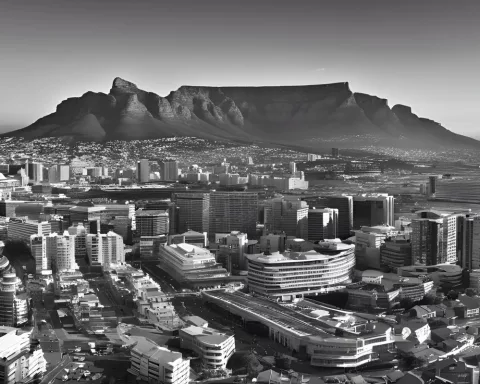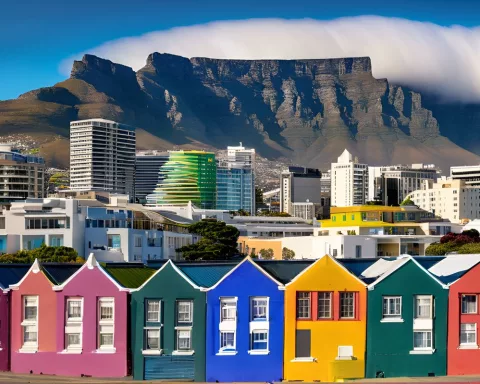The South African rand experienced a significant decline last week, reaching a record low against the US dollar. Various factors, including a diplomatic dispute between South Africa and the US, an ongoing electricity crisis, and unfavorable effects on economic growth and public finances, caused this depreciation.
Diplomatic Dispute with the US
Reuben E. Brigety II, the US ambassador to South Africa, publicly disclosed that South Africa transferred weapons and ammunition to a Russian vessel, Lady R, in Simon’s Town harbor outside Cape Town. Despite Brigety’s subsequent apology for his remarks, his comments led to a decline in the financial markets and further weakened the rand.
Electricity Crisis
The South African currency experienced a loss in value of over 5% within three days, primarily due to concerns from investors regarding the economic downturn caused by the nation’s escalating load-shedding crisis. This crisis has led to a reduction in the supply of electricity, which has negatively impacted the economy.
Heightened Geopolitical Risk
Several factors, including heightened geopolitical risk, contributed to the rand’s depreciation. South Africa’s recent greylisting in February and the intensification of load shedding negatively impacted its investment appeal. In addition, most participants in the financial markets hail from the West, which has ardently opposed the Russia-Ukraine conflict. As a result, these investors are expressing their disapproval of South Africa’s potential support for Russia’s war efforts by selling off the nation’s currency.
Impact on Exports
The rand’s dismal performance is not expected to bolster exports, as South Africa’s ports and rail capacity have dwindled, and electricity supply continues to diminish. South Africa relies heavily on commodity exports, currently impacted by weak commodity prices. Additionally, South Africa is leaning towards the Russia-China camp rather than maintaining an entirely neutral stance.
Deteriorating Domestic Fundamentals
The rand’s weakening has been further aggravated by the country’s deteriorating domestic fundamentals, which are expected to worsen due to frequent power outages during winter. If the rand’s weakness persists, it may contribute to rising inflationary pressures, primarily resulting from a heightened pass-through effect. Consequently, this could increase the likelihood of the South African Reserve Bank announcing a 50 basis point interest rate hike this month rather than a 25 basis point increase.












